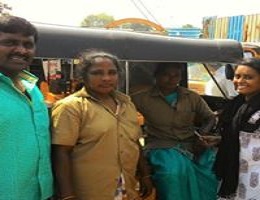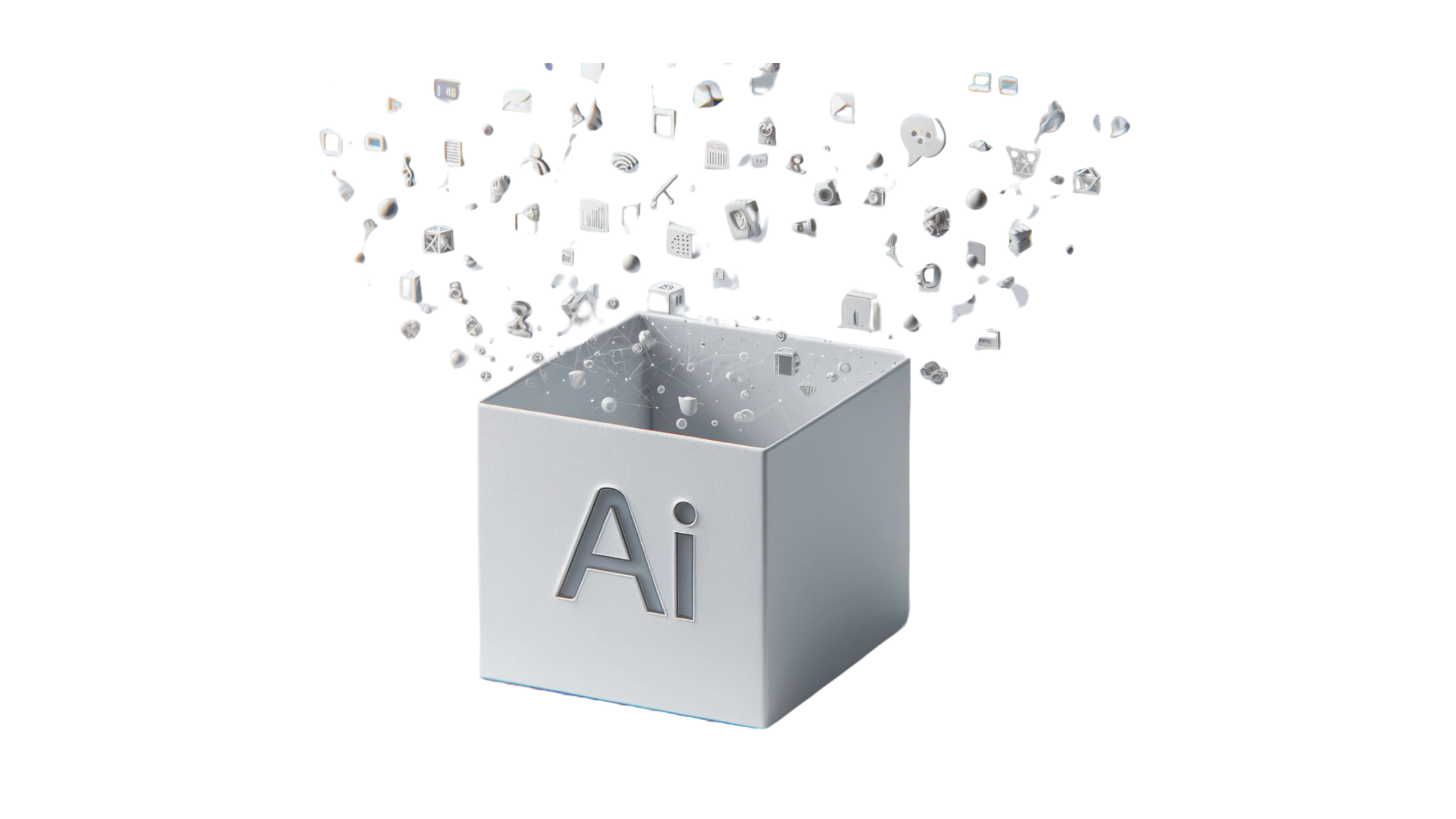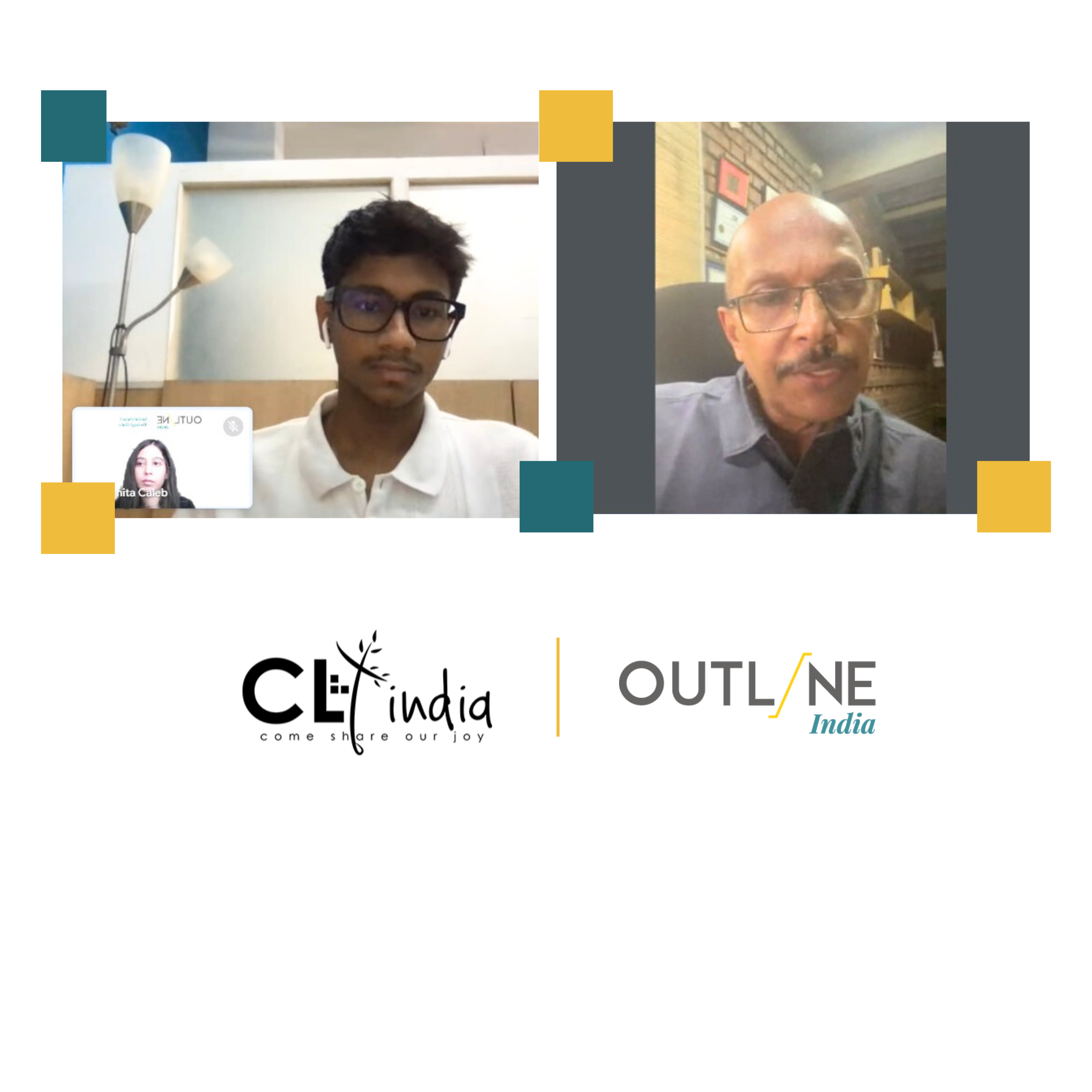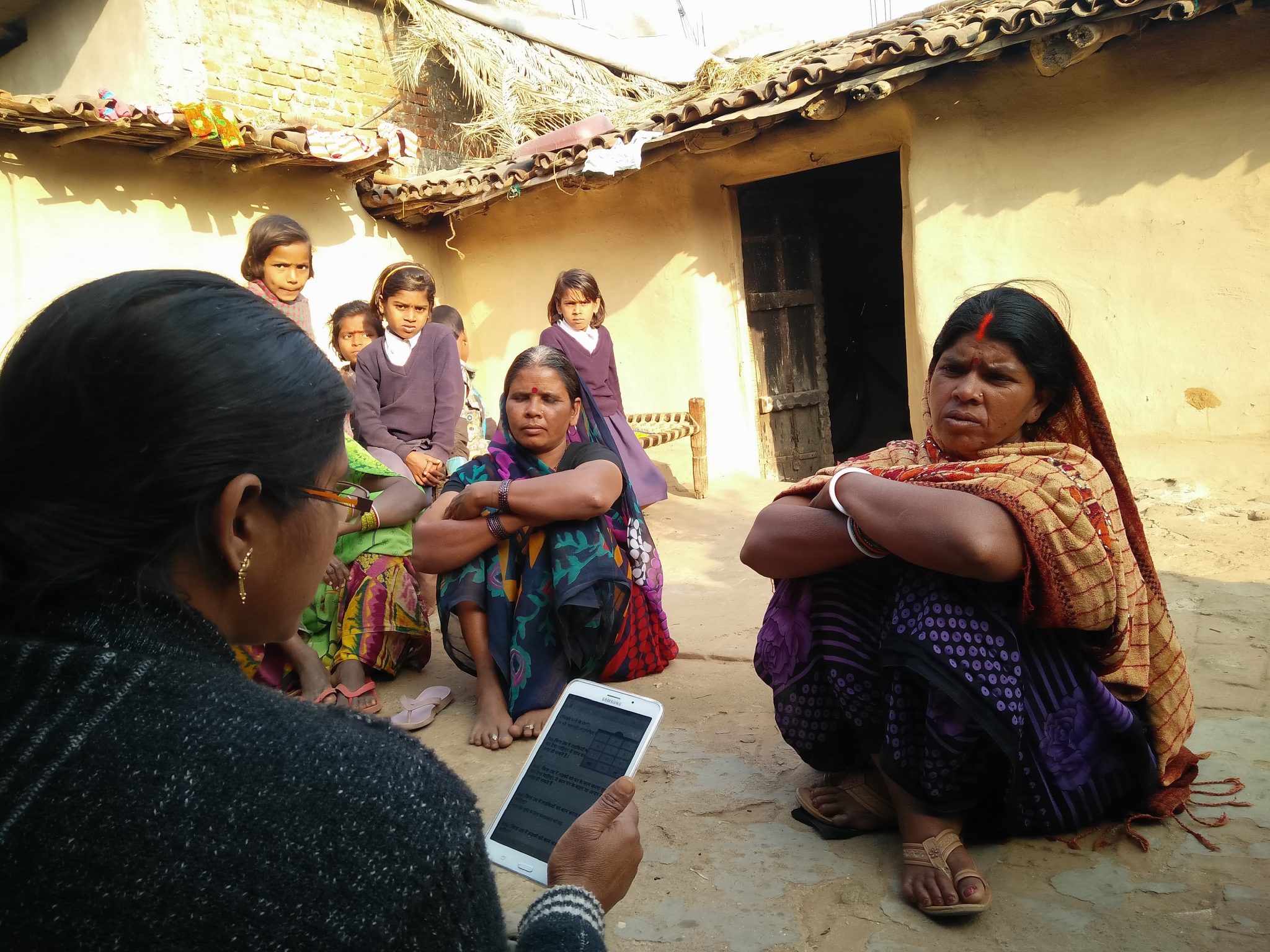Blog Details
13th September 2016: As a child, whenever I tried lifting a heavy suitcase or wanted to climb a tree or even when I volunteered to open the pickle jar for my grandmother, I was been told multiple times, “You cannot do this. You are not cut out for this job. You are not a man.” As I grew up, I met numerous women who questioned these gendered roles and worked towards defying each one of them. This is the story of two such women I met in Chennai last week as part of a study conducted by Outline India. The research focused on understanding the economic viability and environmental sustainability of auto rickshaw driving as a livelihood - for a study conducted by a Dutch social enterprise and funded by the European Union.
I spotted Devi and Maheshwari at the Chennai Central prepaid auto stand as they were effortlessly tugging their auto rickshaws in the line and waiting for their turn to get a passenger. I asked them if they would answer a few questions for me as part of a study, and they readily agreed. No inhibitions. No qualms. The first thing I discovered about them was that they were not the only odd ones out there. There were about 30 more women who were part of the prepaid stand at the Chennai central station and drove autos.
Devi and Maheshwari have been driving the auto for 5 - 6 years now and have grown very comfortable in their jobs. They arrive at 6 am in the morning and drive till 5 pm in the evening and are proud owners of their own autos. They boldly talk of how they enjoy the freedom they have in this occupation. As Devi rightly put it, “Auto driving is the best occupation, as I can do it at my own convenience. I am not answerable to anyone and I do not need to report to anyone. I am my own boss.” To which Maheshwari, who is lovingly called as ‘Maha’ by her fellow auto drivers, added, “When I feel like taking a leave due to an illness or for any other reason, I can just do it. No one is above me to question me.”
When the women were asked how they managed to survive in this male-dominated occupation, they coolly responded saying, “It really does not make a difference.” The women spoke of how they are treated no differently than men. The police address them in the same brash and rowdy way as they talk with men. Good or bad, the women believed that as long as they are being treated the same way, they are happy.
They shared stories of how the fellow male auto drivers were really helpful in times of crisis. The men would step up whenever the auto needed repairs or when the women did not know a particular address and lost their way. Devi said with a grin, “Actually sometimes it is especially easy for us women. Many times, the police and the customers go easy on us. Once I dropped a customer off at his house and he gave me ₹50 extra over the agreed price. He said it must be hard for a woman to make ends meet and thus handed over some extra money.” Most of the male passengers respect the female drivers and light a cigarette in the autos only with their permission.
In spite of all the conveniences of the occupation, there are certain challenges that the female auto rickshaw drivers grapple with. The women admitted that using public toilets was a great ordeal especially during their ‘monthly problem’. Although the women professed for equality, they definitely did not prefer doing it in the open as the men do mainly because of safety reasons. They were still stuck to a couple of gendered roles. For instance, Maheshwari could not leave her home for work until she finished her morning chores such as cooking and washing.
While most of us still make excuses for not getting equal opportunities to prosper in life, these two women are trying their best to break norms and succeed. Kudos to their indomitable spirit and hope we come across more rickshaws driven by Devis and Mahas.
Anusha Iyer is a Research Trainee at Outline India. She has completed her MA in Development Studies from Tata Institute of Social Sciences, Hyderabad and BA in Economics from St. Xavier’s College, Ahmedabad. She has also worked at a CSR consultancy firm for a year and holds a post-graduate diploma in Journalism. The following piece describes her experience on the field in an urban environment where a happy surprise awaited her.








David Angel Makel
IT ConsultantIt is a long established fact that a reader will be distracted by the readable content page looking at its layout point of using normal